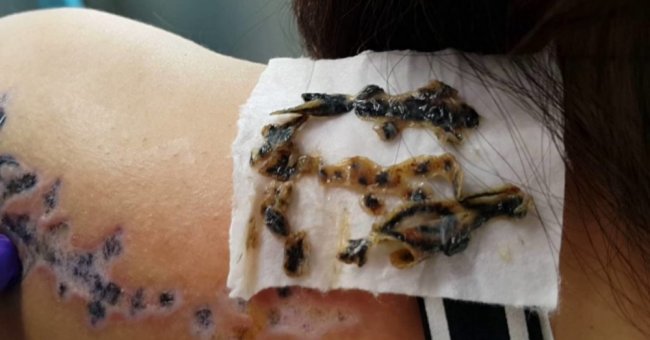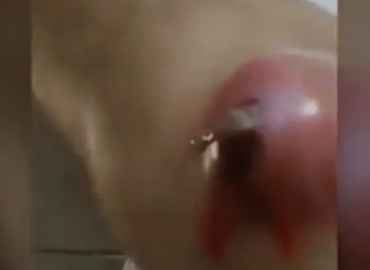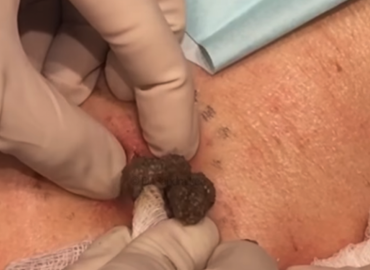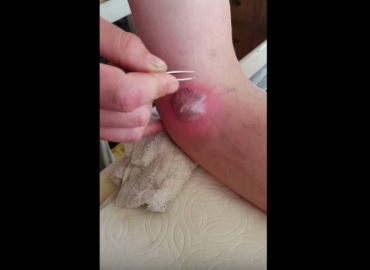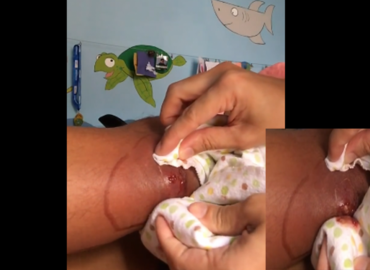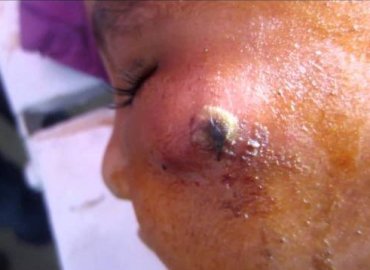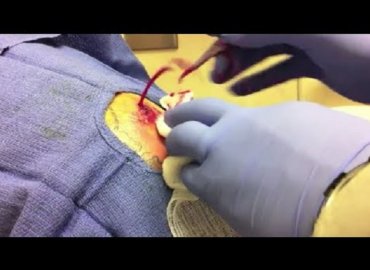Tattoos are an increasingly common sight. Some surveys suggest that a fifth of all Americansnow have one or more tattoos. Tattoos are also becoming less controversial in the workplace in many industries. You may see several co-workers, your boss, or executive management sporting visible tattoos, even in a traditional office environment.
Because of how popular they are, you may not think that tattoos are all that risky to get. But getting a tattoo does carry some risk: After all, inserting an ink-covered needle into your skin has the potential to introduce foreign matter or bacteria into your body.
Getting a tattoo from a person or a shop that doesn’t properly clean their tools or instruct you on how to keep your fresh tattoo clean can lead to skin conditions, infections, or other health problems.
Here’s what you need to know about recognizing a possible infection, treating the affected area, and more.
How to prevent tattoo infection
Before getting a tattoo, find out if you’re allergic to any ingredients in tattoo ink. Make sure you ask your tattoo artist what ingredients their inks contain. If you’re allergic to any of the ingredients, ask for a different ink or avoid getting a tattoo altogether. However, keep in mind that it may be difficult to know what exactly is in tattoo inks, as they are not regulated in any way. Make sure that all items that touch your skin have been properly sterilized. Don’t feel shy about asking the parlor about how they sterilize their instruments and meet safety standards. It’s your health!
Other things to consider before getting a tattoo include:
- Is the tattoo parlor licensed? Licensed parlors have to be inspected by a health agency and meet certain safety requirements in order to stay open.
- Is the tattoo parlor reputable? It’s worth visiting a few tattoo parlors before you decide to get a tattoo to see how trustworthy the parlor is. Reading reviews online or hearing about the shop through word of mouth are good ways to gauge how safe the shop is.
- Does your potential tattoo artist follow safety procedures? Your tattoo artist should use a new, sterilized needle every time they start a tattoo. They should also wear gloves at all times.
If your tattoo artist gives you instructions on how to take care of your tattoo, follow them closely. If they didn’t provide you with clear guidelines afterward, give them a call. They should be able to provide you with aftercare information.
In general, you should do the following to make sure the area heals properly:
- Three to five hours after you’ve gotten the tattoo, remove the bandage.
- Wash your hands with antibacterial soap and water.
- Wash the tattooed area gently with antibacterial soap.
- Use a clean, dry washcloth or paper towel to pat the area dry.
- Let the area air-dry for a few minutes. Don’t rub it dry. This can damage the skin.
- Put an ointment (not a lotion), such as Vaseline, on the area.
- Repeat these steps about four times a day for at least four days.
Once the tattooed area starts to form into scabs, use a moisturizer or lotion to keep your skin from getting too dry or damaged. Don’t itch or pick at the skin. This can cause the area to heal improperly, which may make you more susceptible to infections.

